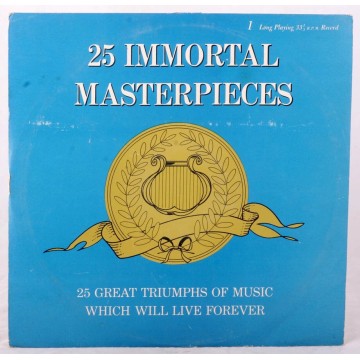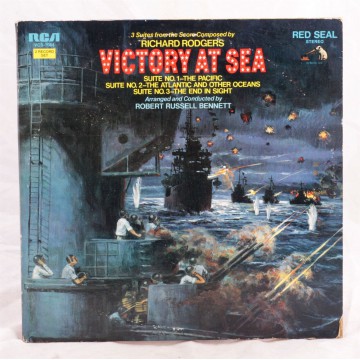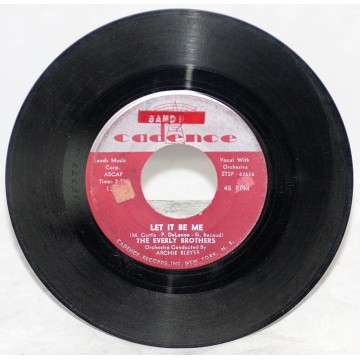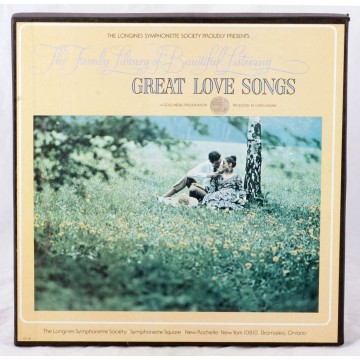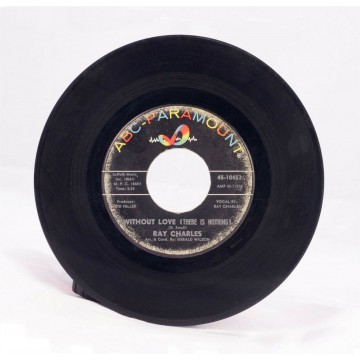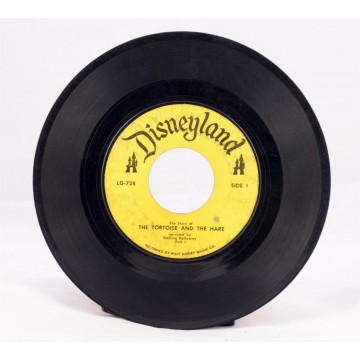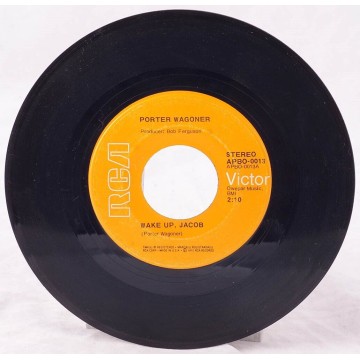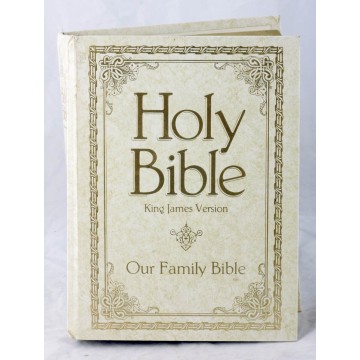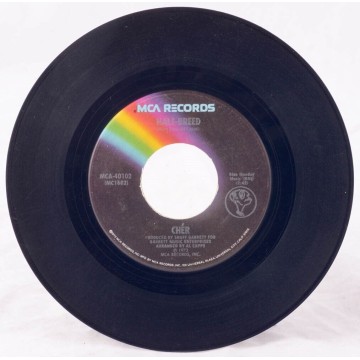25 Immortal Masterpieces : 25 Great Triumphs Of Music Which Will Live Forever LP
Reference: 335771919186

Payment Security

Delivery policy

Return policy
25 Immortal Masterpieces 33RPM LP Record
25 Great Triumphs Of Music Which Will Live Forever
Label: Pickwick – STBMN
Format: Vinyl, LP, Album, Stereo
Country: US
25 IMMORTAL MASTERPIECES
Concerto in E minor for Violin and Orchestra, Op. 64-Felix Mendelssohn
During his youth, Mendelssohn made several starts on a violin concerto but not until he was twenty-nine did he consider the matter seriously when he wrote to the great violinist Ferdinand David, "I should like to write a violin concerto for you next winter. One in E minor runs through my head, the beginning of which gives me no peace." He thought about it off and on for the next six years and finally, in 1844, he settled down in earnest to compose it. It was completed in September of that year and was dedicated to David. Both Mendelssohn and David had held many consultations about the work concerning technical problems since Mendelssohn was anxious that the violin part be playable. David performed the work at the premiere in March, 1845.
Excerpt from FAUST-Charles Gounod
It is safe to say that Gounod's Faust is the most popular opera ever written. Statistics kept by the world's leading opera houses bear this out; Fansi has received more performances and has opened more opera seasons than any other opera. Al- though the libretto is based on the Faust legend in which a man sells his soul to the devil, it was specifically based on Goethe's Faust. It was perhaps appropriate that Gounod set music to this legend. In his long life, he not only composed many operas but also many religious works, in his younger years he had studied for the priesthood. The opera was first performed in Paris in 1859.
Symphony No. 1 in C minor-Johannes Brahms
Brahms was forty-three when he presented his first symphony to the world. No one knows why he waited that long to compose a symphony. Prior to its writing, he was constantly being urged by impatient friends to start one. No doubt they had in mind Beethoven who had written eight symphonies by the time he was forty-three, Mozart who wrote his first at ten, Mendelssohn who wrote his first at fifteen, and Schubert who composed his first at sixteen. Brahms was already a well-known com- poser when he started his first symphony and perhaps he wanted to be sure that what he wrote was worthwhile. When he finally did begin, he was slow in writing it but when it was finished, it combined grandeur and lyric strength with simple melody It was completed and first performed in 1876. The excerpt we hear is from the last movement.
Orchestral sketch ON THE STEPPES OF CENTRAL ASIA-A. Borodin
Borodin wrote this sketch in 1880 for the twenty-fifth anniversary of the reign of Czar Alexander II. In the score's preface, Borodin described the story of the work, "Out of the silence of the sandy steppes of Central Asia come the sounds of peaceful Russian song. Along with them are heard the melancholy strains of Oriental melodies, then the stamping of approaching horses and camels. A caravan, accompanied by Russian soldiers, traverses the measureless waste.... The Songs of the Russians and those of the Asiatic natives mingle in common harmony. The refrains curl over the desert and then die away in the distance."
Excerpt from WATER MUSIC Suite G. F. Handel
In 1717, King George I of England expressed the desire to have a concert on the Thames River. It took place July 17, 1717. The Daily Courant described the occasion by saying the King's barge moved from Lambeth to Chelsea with the musi- cian's barge very close by. "Many other barges with persons of quality attended with so great a number of boats that the whole river in a manner was covered. A City Company barge was employed for the music, wherein were 50 instruments of all sorts, who played the finest symphonies, composed expressly for this occasion
by Mr. Händel, which His Majesty liked so well that he caused them to be played over three times in going and returning." The "symphonies" were the twenty pieces that comprise the Water Music.
PINAFORE and THE PIRATES OF PENZANCE-Gilbert and Sullivan
The finest comic operas in English came from the pens of Sir William Gilbert (libretto) and Sir Arthur Sullivan (music). Their light operas (frequently incor- rectly called operettas) contained plots that were excellent satire as well as amusing stories, and music with graceful melodies and charming orchestrations. The two selec- tions on this recording are from two of their early operas; Pinafore was first produced in 1878, and Pirates followed in 1880. Oddly, both operas involve baby switching (Gondoliers, does also). Pinafore lampoons an Admiral of the Fleet while Pirates makes fun of a Major-General. Both gentlemen are surrounded by adoring but domi- nating female relatives. The selections played on this recording are the overtures for each opera.
OVERTURE, 1812, Op. 49-Peter Ilyitch Tschaikovsky
This work was written in 1880 and commemorates the retreat of Napoleon from Moscow in 1812. Tschaikovsky referred to the "patriotic significance" of the work which is quite apparent, French and Russian soldiers are characterized by the use of the Czarist National Anthem and the Marseillaise. Although Tschaikovsky thought of the work as one of his lesser efforts, it has proven to be one of his most popular pieces.
Excerpt from DER ROSENKAVALIER-Richard Strauss
This opera is the most familiar of Strauss' many operas and it is one of the truly great comic operas of all time. Besides many beautiful melodies, it contains a flock of waltzes, one of which sounds like a Johann Strauss, Jr., waltz. The opera was first presented in 1911 and has been in the regular repertory of almost every important opera house. On this recording, we hear some of the waltzes.
Overture to WILLIAM TELL-G. Rossini
William Tell was Rossini's thirty-eighth and last opera even though he wrote it in 1829 at the age of thirty-seven. For the next thirty-nine years of his life, he wrote no more operas and hardly any other kind of music. The libretto was based on Schiller's German play Wilhelm Tell. The opera was critically acclaimed but never really caught on with the public. The overture is an exception, having always been a popular favorite. It depicts a mountain sunrise, an Alpine storm, a shepherd's thanksgiving, and finally some marching Swiss soldiers.
Concerto No. 5 in E flat major ("Emperor") for Piano and Orchestra, Op. 73- L. Van Beethoven
This was Beethoven's last piano concerto and was written in 1809 in the middle of Napoleon's invasion of Austria. Vienna was captured that Spring and Beethoven's lodging was near all the shooting, the noise of which disturbed him very much. "We have passed through a great deal of misery," Beethoven wrote. "The whole course of events has affected my body and soul. What a disturbing, wild life around me, nothing but drums, cannons, men, misery of all sorts." The title "Emperor" was not given by Beethoven who probably would have been unhappy with it since he had little use for royalty.
In addition to the above selections, the recording contains many others which you will enjoy.
SIDE 1
- William Tell Overture
Composed By – Gioacchino Rossini - Marche Militaire
Composed By – Franz Schubert - Chinese Dance
Composed By – Peter Tchaïkovsky - Village Swallows
Composed By – Johann Strauss Jr. - Italian Symphony
Composed By – Felix Mendelssohn-Bartholdy - Estrellita
Composed By – Manuel María Ponce Cuéllar - Der Rosenkavalier
Composed By – Johann Strauss Jr. - Pirates Of Penzance
Composed By – Gilbert & Sullivan - Nutcracker March
Composed By – Peter Tchaïkovsky - Eat, Drink & Be Merry
Composed By – Johann Strauss Jr. - Emperor Concerto
Composed By – Ludwig van Beethoven - Gentle Annie
Composed By – Stephen Foster - The Comedians: Gallop
Composed By – Sergei Prokofiev
SIDE 2
- Tales Of The Vienna Woods
Composed By – Johann Strauss Jr. - Fascination
- Pizzicati
Composed By – Léo Delibes - Violin Concerto
Composed By – Felix Mendelssohn-Bartholdy - Faust
Composed By – Charles Gounod - Symphony No. 1
Composed By – Johannes Brahms - Night On Bald Mountain
Composed By – Modest Mussorgsky - In The Steppes Of Central Asia
Composed By – Alexander Borodin - Water Music
Composed By – Georg Friedrich Händel - H. M. S. Pinafore
Composed By – Gilbert & Sullivan - Morning Papers Waltz
Composed By – Johann Strauss Jr. - 1812 Overture
Composed By – Peter Tchaïkovsky
Please refer to all photos as they are part of the description and stated condition.
Sale is for described item only. Props seen in photos are not included. If uncertain, please ask before ordering.
Data sheet
- Artist
- Unknown
- Case Type
- Cardboard Sleeve
- Catalog Number
- STBMN
- Composer
- Alexander Borodin
Charles Gounod
Felix Mendelssohn-Bartholdy
Franz Schubert
Georg Friedrich Händel
Gilbert & Sullivan
Gioacchino Rossini
Johann Strauss Jr.
Johannes Brahms
Ludwig van Beethoven
Léo Delibes
Manuel María Ponce Cuéllar
Modest Mussorgsky
Peter Tchaïkovsky
Stephen Foster - Country/Region of Manufacture
- United States
- Format
- Record
- Genre
- Classical
- Inlay Condition
- Good Plus (G+)
- Language
- English
- Material
- Vinyl
- Number of Audio Channels
- Mono
- Record Grading
- Excellent (EX)
- Record Label
- Pickwick
- Record Size
- 12"
- Release Title
- 25 Immortal Masterpieces: 25 Great Triumphs of Music Which Will L
- Sleeve Grading
- Good Plus (G+)
- Speed
- 33 RPM
- Style
- Classical
- Type
- LP
Product Reviews / Q&A
-
Reviews (0)
-
Questions & Answers (0)
-
Latest
-
Latest
6 other products in the same category:
Product Reviews / Q&A
-
Reviews (0)
-
Questions & Answers (0)
-
Latest
-
Latest



